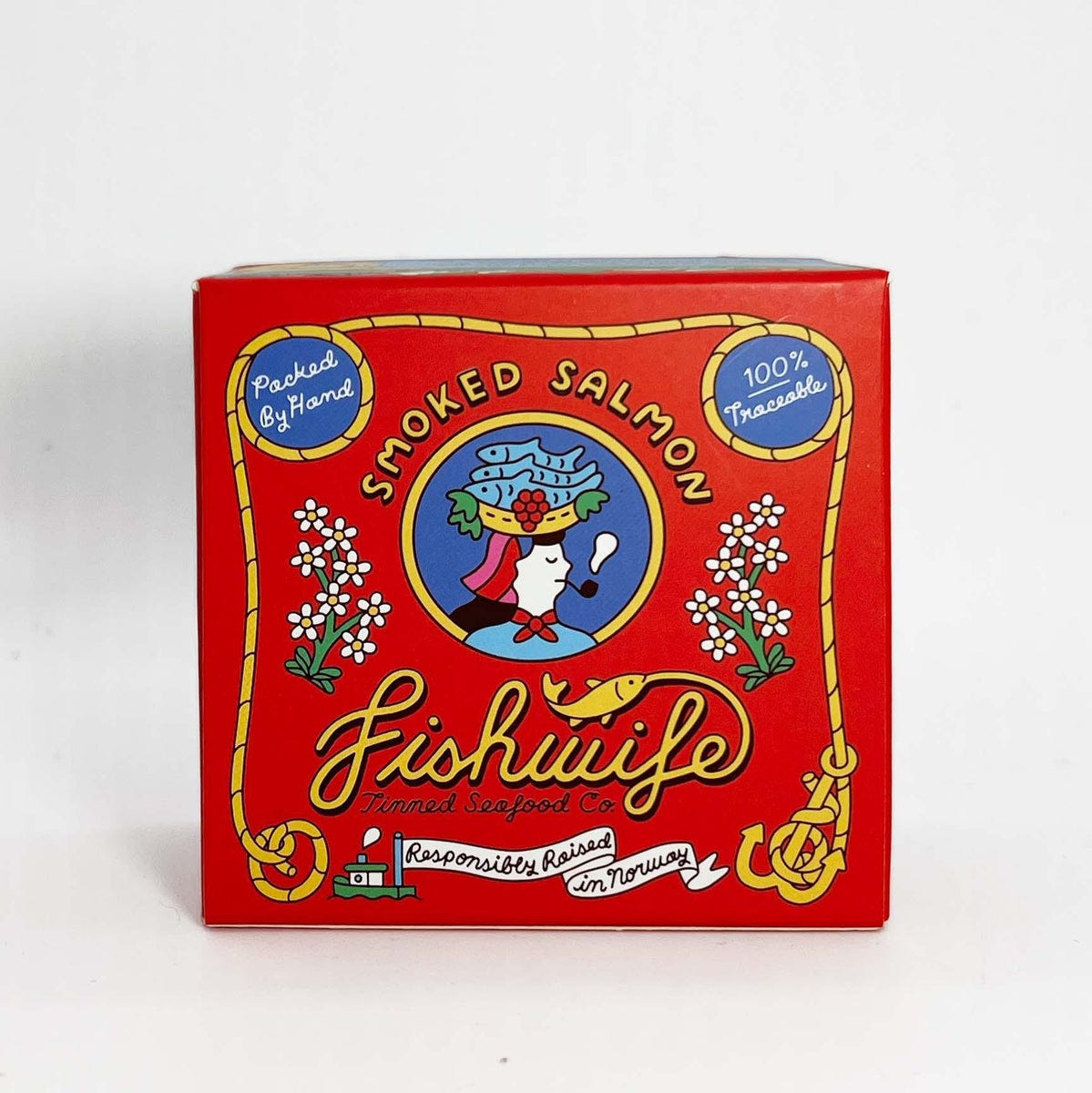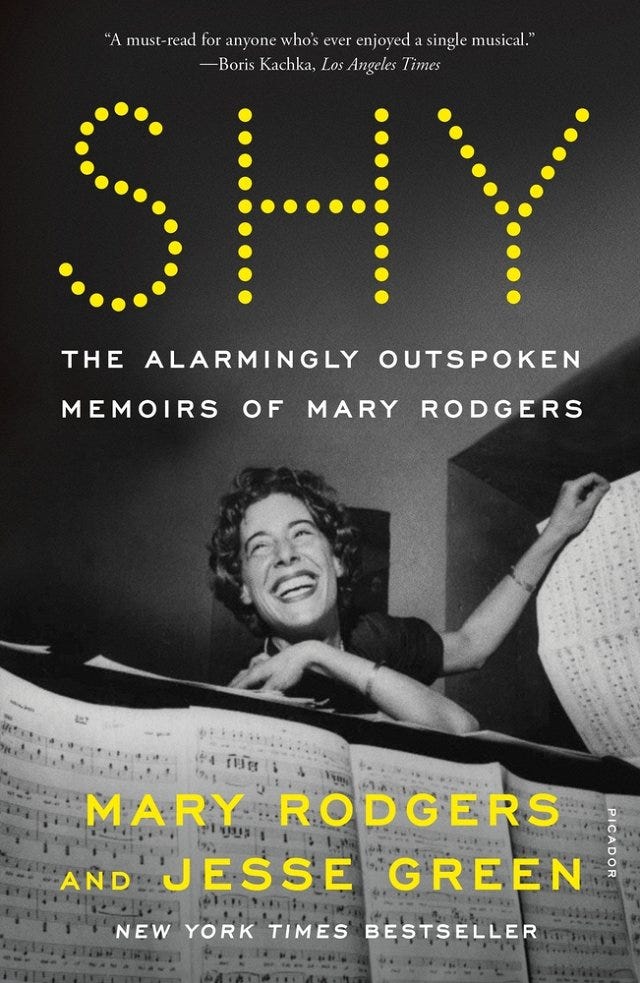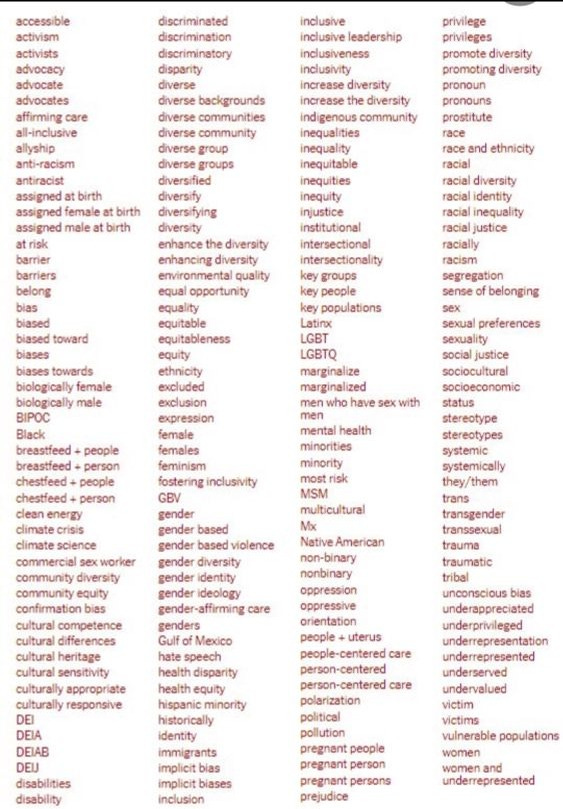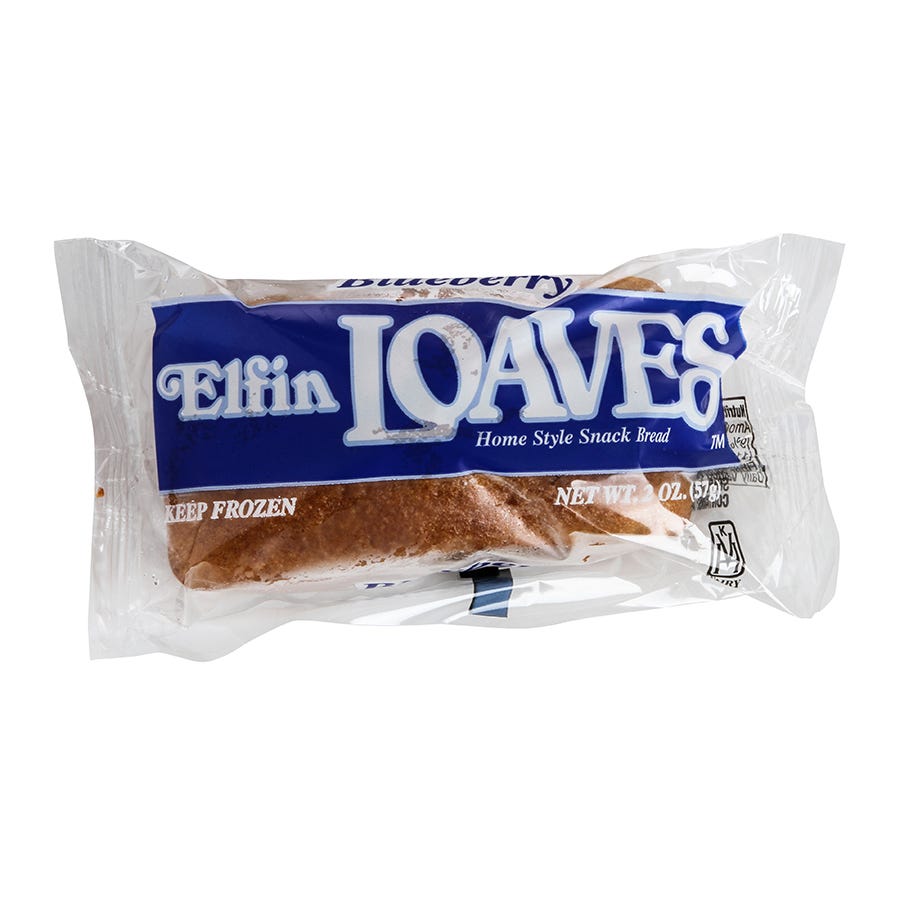Welcome back to the monthly linkstack, and special greetings to new subscribers and followers*. If you want to catch up, you’ll find the February linkstack here, with a path to earlier installments.
This post is long! Read it all — and enjoy a generally superior experience — by clicking on the headline to view it in your browser, which will also pave the way to the complete archive, Notes, and other swell features.
*If you’re a “follower,” may I propose that you upgrade to “subscriber”? It’s free!
Like what you see here? Click the little heart at the top or bottom of this post to let me know. Or leave a comment. Or both!
Reading now
Shy: The Alarmingly Outspoken Memoirs of Mary Rodgers, by Mary Rodgers and Jesse Green. Rodgers, the daughter of Richard Rodgers (& Hart, & Hammerstein), overcame a privileged but miserable childhood to become a successful songwriter, a Broadway composer in her own right (Once Upon a Mattress), a writer of children’s and young adult fiction (Freaky Friday et al.)., and a dauntlessly swinging gal before anyone was using “swinging” in that way. (By the time she was 30 she’d had three children, one divorce, countless affairs — several with gay men — and a Tony nomination.) Green, the New York Times’s chief theater critic, interviewed and edited Rodgers and provides wry and helpful annotation while maintaining Rodgers’s distinctive, thoroughly delightful voice. The book was published in 2022, eight years after Rodgers’s death; the title comes from the terrific song in Once Upon a Mattress (here’s Carol Burnett, from the original Broadway cast, singing it). Thank you to the invisible hand of Oakland’s Lakeview Branch library for guiding me toward this treasure.
Listening now
Shy, the audiobook. Yes, I’m doubling down. It’s read, magnificently, by Christine Baranski with commentary by Jesse Green. As a different songwriter put it, who could ask for anything more?
Reading next
This looks like fun: Enough Is Enuf: Our Failed Attempts to Make English Easier to Spell, by Gabe Henry. Publication date: April 15. (Hat tip: Megan Figueroa.)
And so does Bye Bye I Love You: The Story of Our First and Last Words, by Michael Erard, a linguist and the author of Um and Babel No More. In bookstores now. Read John Kelly’s G-rated review in his Mashed Radish blog and his saltier review in (where else?) the Strong Language blog. (Kelly: “I was fascinated to learn that cursing does have a place amid the mamas and famous last words we associate with our initial and ultimate speech acts.”)
Correcting an omission
In the recap of legislative backronyms I published earlier this week I carelessly omitted the Eliminate Looting of Our Nation by Mitigating Unethical State Kleptocracy Act, introduced by Rep. Mark Pocan (D-WI) on February. Yes, those initials spell ELON MUSK. Thanks to Mike Pope for the reminder!
A musky scent
“Elon’s Musk: Parfum de 1939”
“The Fast and the Fuhrer”
Via Disconnect (also spotted in London)

Baby names, visualized
“The Economist analysed the first names of almost 400m people born in America and Britain in the past 143 years. We looked at which were popular and their connotations; we considered how diverse the names were and the rate at which trends have come and gone. The results are striking. Our study revealed that the countries on both sides of the Atlantic are becoming more interested in money and power . . . as culture becomes more fragmented and dynamic.” Use the interactive feature to see the popularity and connotations of your own name or anyone else’s. (The Economist. Paywalled, but you can create a free account to read one article.)
Oh, and you’ll never guess the title of this article. Yes, it’s that perennial chart-topper “What’s in a Name?” Seriously, folks: Try something new.
“I can’t remember a time when I didn’t think my name was a mistake” (gift link).
Disemvoweled no more
Back in 2021 I wrote about the decision by Aberdeen, the Edinburgh-based asset-management company, to change its name — or at least its wordmark — to aberdn [sic]. I was even interviewed about it for the Wall Street Journal. Now comes a reversal of sorts: keeping the lower-case a, restoring the other vowels. (The Guardian) Wolff Olins, the branding agency involved in the first repositioning, now says it had advised against “abrdn,” to no avail. (Insider Media)
Read this before you name anything
The hidden costs of naming. Check out the Nespresso case study for what not to do. (
, Wild Geese Studio)Covid nostalgia
“I snapped back to how batshit crazy advertising was during the early days of the pandemic, how every time I opened my email, my jaw dropped from the realization that on the edge of oblivion, corporations were still corporate-ing. So, what does dystopia taste like? A lukewarm Awesome Blossom that was delivered by a Door Dash hero in a hazmat suit.”-
misses Covid advertising“The opposite of doomscrolling”
Journalist/blogger/author Clive Thompson is publishing Linkfest, “in which I carefully boil the entire Internet to produce a savory reduction containing the finest posts about science, culture and technology, just for you.” Such as, from the March 11 issue, “The linguistic practices of cows” and “What your Wikipedia reading style says about you.”
The banned-words list
“The Trump administration won’t let anybody say ‘prostitute’? That sounds like a Biden holdover; the left is the only precinct I know where the word ‘prostitute’ is taboo. You’re supposed to say ‘sex worker,’ but that’s out because the Trump Word Cops put ‘sex’ on their taboo list. I guess they’ll have to go back to ‘courtesan’ or ‘tart’.” The 199 things you can’t say in the Trump administration (The New Republic).
Another banned-words list
Speaking of magazines and their house styles, here’s Dwight Garner’s review of Graydon Carter’s new memoir (gift link), When the Going Was Good: An Editor’s Adventures During the Last Golden Age of Magazines. After working at Time and founding Spy, Carter took over Vanity Fair, where he made some changes:
Out went words like abode, opine, plethora and passed away (for died). Out went glitzy, wannabe and even celebrity. Out went chops (for acting abilities), donned (as in put-on), A-list, boasted (as in had or featured), coiffed, eatery (for restaurant), flat (for apartment), flick (for movie) … honcho, hooker, schlep (as in to lug something somewhere), scribe (as in writer) and Tinseltown. All found their way into the copyedit boneyard.
Count me among the loathers of “passed away.”
Bonus link: Bryan Burrough was paid a six-figure fee (as in “more than $166,000 per story”) for each Vanity Fair article he wrote during Graydon Carter’s tenure. (Yale Review)
The New Yorker changes its style
“The support for the diaeresis at the magazine is overwhelming,” but “website” is now — finally — one word, lower case. (New York magazine’s interview with New Yorker copy chief Andrew Boynton)
wrote about the changes, too. .(This is, obviously, a BFD among wordfolk.)
Dead names
Name developer Anthony Shore reflects on “the many gadgets and products I’ve named that are no longer with us,” including the Philips Velo and Norton SystemWorks. (Operative Words)
Here’s one of my own dearly departed names (also one of the first I developed):
Eye on AI
A glossary of AI jargon (well, a start, anyway). (TechCrunch)
Is AI search really as bad as you’ve heard? (Mignon Fogarty, AI Sidequest)
“The conquest of love will not be abstract but vividly concrete for everyone, especially young people, and soon. This is because we are all about to be presented, in our phones, with a new generation of A.I. simulations of people, and many of us may fall in love with them.” (Virtual reality pioneer Jaron Lanier, The New Yorker)
What’s the collective noun for AI models? Erin McKean favors “arrogance,” as suggested by Q McCallum’s Complex Machinery newsletter.
Bossy brands
Ali Sell on words associated with loud, unpleasant women — fishwife, harpy, harridan, shrew — that have “found new meaning thanks to women-owned brands, unafraid to change the narrative.” (Zinzin)

Where the boys were
“The current President was 12 in 1958. He (and the men he admires) no doubt grew up sneaking off to look at magazines like MALE. There were a lot of versions of these ‘men’s magazines’ and they had names like For Men Only, Man’s World, Action for Men, True Action, Swank, Argosy, etc. In my opinion, there is no more direct pop cultural thru-line to that famous ‘Grab ’em by the pussy’ remark than the common content of these For Men Only magazines.” —
does a close reading of a 1958 issue of MALE magazine.








Thank you for the vastly entertaining column, as always, Nancy, and for the shoutout. I’m glad you enjoyed Shy. I think it’s one of the best theater memoirs ever!
It is disappointing but no surprise that the current illiterate US administration is trying to ban a third of the normal English language. I, for one, will take note of this and use these words as often as I can. Signed, a woman.